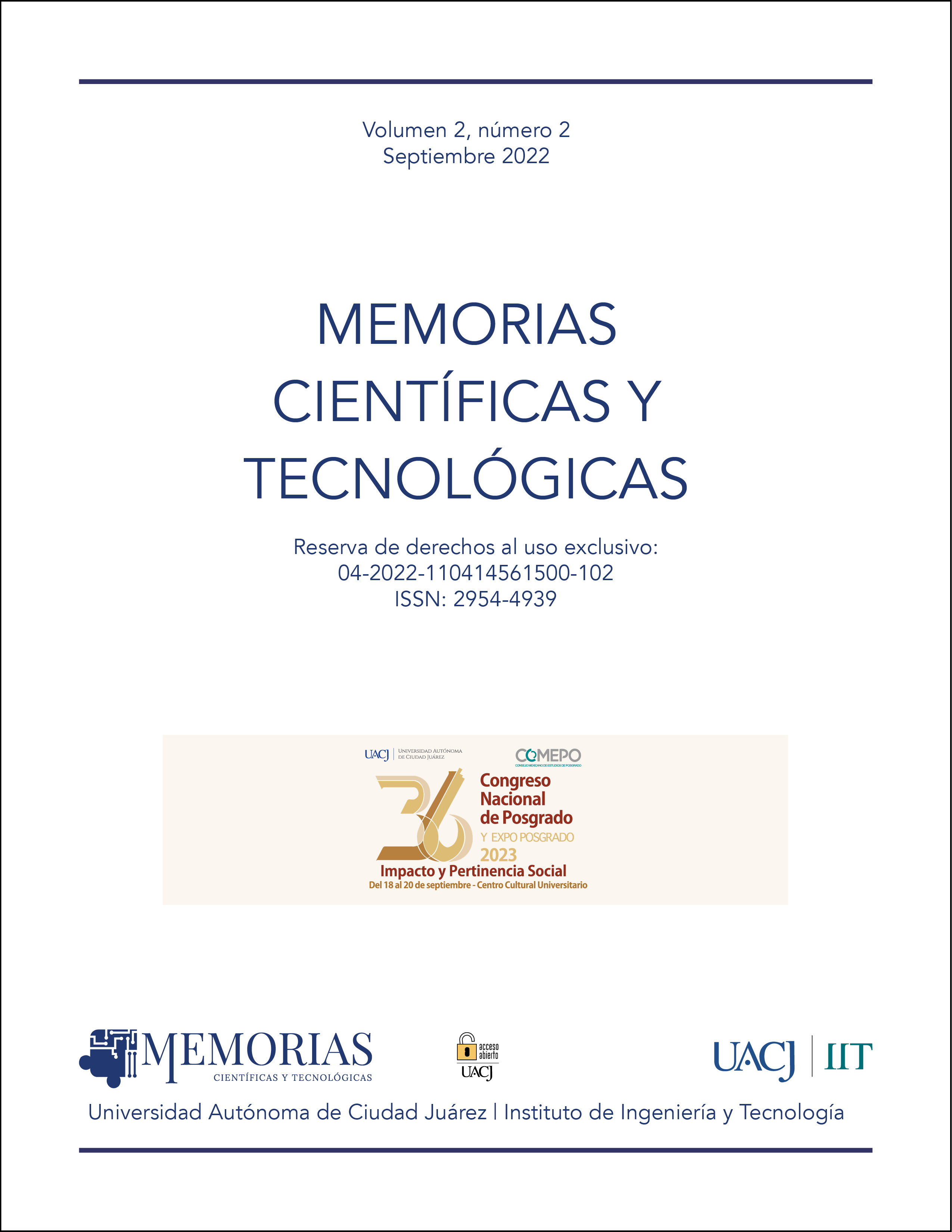Acompañamiento para el Bienestar Integral Tec de Monterrey
Palabras clave:
Bienestar Integral, factores de protección, factores de riesgo, florecimiento humanoResumen
Mental health issues in the world have become increasingly important and are increasingly taken into account in different areas, the WHO indicates that 1 in 4 people will suffer from mental disorders in their life (WHO, 2021). In Mexico, 15.4% of the population surveyed by INEGI (2021) suffer from symptoms of depression.
As part of the 2030 Strategic Plan of Tec de Monterrey whose vision is “Leadership, Vision and entrepreneurship for human flourishing”, strategies were defined for its achievement, from which is derived “Promote the integral well-being of the person in its physical, intellectual, emotional, spiritual and social.” Within this framework, key and transversal projects were defined in the institution, “Integral Well-being” being one of them.
Within the “Integral Well-being” project for the three academic levels (High-school, undergraduate and Graduate) different actions have been carried out to promote the integral well-being of students. Since 2020, Tec de Monterrey, Monterrey campus has been part of the JED campus program of The JED Foundation, whose objective is to promote well-being and prevent suicide, where one of its key points is the application of the Healthy Minds Study (HMS) to the student population, composed of statistically validated questions and scales to understand comprehensive well-being, substance consumption, climate for diversity, sleep habits, mentality towards stress, among other topics. With the calibration of the instrument for its implementation in our population, it was scaled to the national level and the Integral Well-being Index was created, an extract of key questions from said instrument with which today we have visibility of comprehensive well-being and its seven dimensions of around 44,583 students where 56% are high school, 43% undergraduate and 1% graduate.
The results of the two applications of the HMS in graduate students reflect that the dimensions with the highest scores are occupational and spiritual, since the majority of graduate students believe that they actively contribute to the happiness and well-being of others and report having meaning in life. While the lowest dimensions are physical and financial, 20% of students report having some symptoms of eating disorders and 28% believe that their financial situation at this time is stressful.
Our current resources and structure allow us to take advantage of this information to provide support and guidance on well-being issues to students at all levels, where in graduate studies we identify students with risk factors and alerts to support with emotional counseling services on campus and strategic partners. Additionally, we can identify individual protection factors and provide specialized resources for their development both in digital media and in our official offer of Student Leadership and Training programs on all campuses.



